Demise of Com. P. Vittalamurthy (Former Circle Secretary, NFTE) 26-01-26
dentification of AIBSNLPWA Under Pensioners Portal Copy of order
==========================================================
CONTACT NUMBERS:
REGISTRATION CERTIFICATE: regn-certificate-with-translation.pdf
CONSTITUTION: CONSTITUTION
IDA Rates from 2007: IDA RATE new.pdf
FOR ONLINE REMITTANCE TO CHQ:
Name of recipient: AIBSNLPWA (CHQ), SB A/c No 67100927818,
IFSC No. SBIN0002239
Contact Numbers: Please see list of Office Bearers
The 8th Central Pay Commission has released an online Questionnaire seeking views from employees, pensioners, individuals, Associations and Unions on pay, allowances, pensions, dearness allowance and staffing reforms. It is specifically stated that only online responses will be considered and that paper-based, email or PDF submissions will not be accepted.
A careful reading of the questionnaire shows that several questions are framed primarily from a fiscal and expenditure-control perspective, particularly highlighting the increasing number of pensioners vis-à-vis serving employees and the growing pension bill. This marks a clear shift from earlier Pay Commissions where pension was treated mainly as deferred wages.
For pensioners, especially those retired before 2026, certain concerns emerge. The questionnaire repeatedly raises issues such as budgetary burden, sustainability, defence and civil pension outgo exceeding salary expenditure, and possible restructuring of pension principles. This indicates that the 8th CPC may examine methods to limit future pension growth, rationalize parity concepts, and reconsider automatic assumptions regarding full inflation neutralisation or uniform fitment benefits.
There is also discussion on hybrid indexation of Dearness Allowance and alternative approaches to pension management, which could potentially dilute long-established protections enjoyed by existing pensioners if strong counter-views are not placed on record.
Members are therefore advised to clearly understand that the recommendations of the 8th CPC may significantly influence the prospects of existing pensioners, including revision methodology, parity, DA linkage and overall pension security. It is essential that pensioners’ Associations place well-reasoned responses emphasizing that pension is a statutory right and deferred compensation, not a discretionary welfare measure.
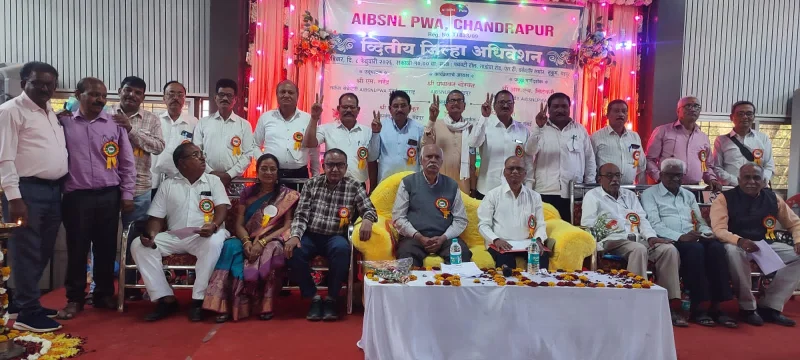
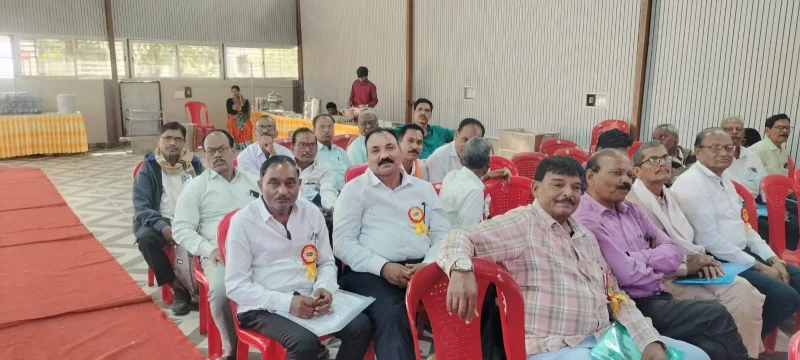
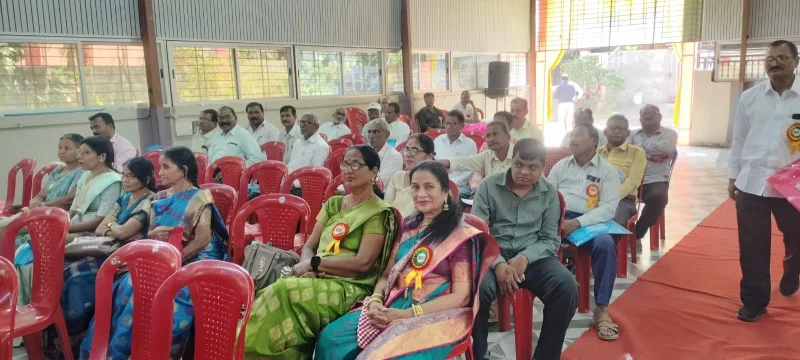
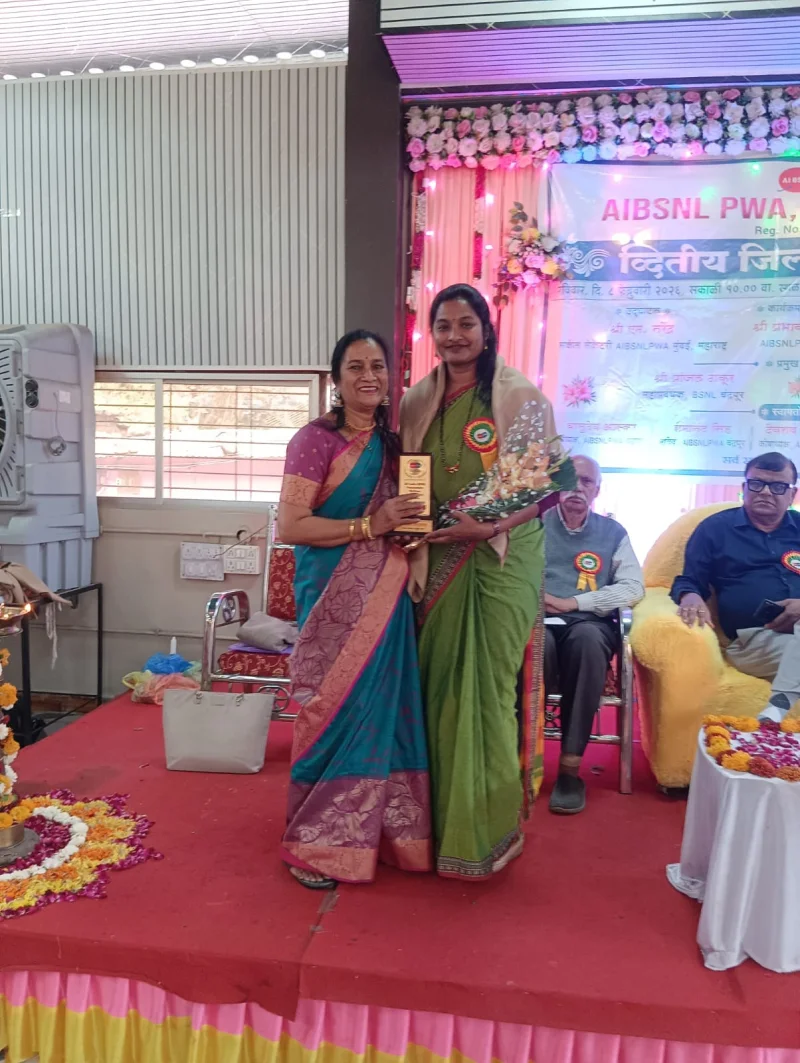
DoPPW Sanction for DLCs (2024–25)
We have submitted data for a total of 10,381 Digital Life Certificates (DLCs) for the said period. As per the sanction order dated 22-01-2026, the Department of Pension & Pensioners’ Welfare (DoPPW) has released an amount of Rs. 4,19,960 (Rupees four lakh nineteen thousand nine hundred sixty only) to the All India BSNL Pensioners Welfare Association towards expenses incurred for generation of Digital Life Certificates (DLCs) of pensioners during the year 2024–25.
AIBSNLPWA CHQ has submitted a detailed representation on 03-02-2026 to the Department of Public Enterprises (DPE) and Department of Expenditure, Ministry of Finance, Government of India, urging early issuance of IDA revision orders w.e.f. 01.01.2026. The representation also highlights the recurring delays in IDA implementation, the hardship being faced by pensioners across CPSEs, and calls for systemic measures—including auto-calculation of arrears in pension software—to ensure timely payment in future. The Association has requested urgent intervention in the interest of lakhs of IDA pensioners.
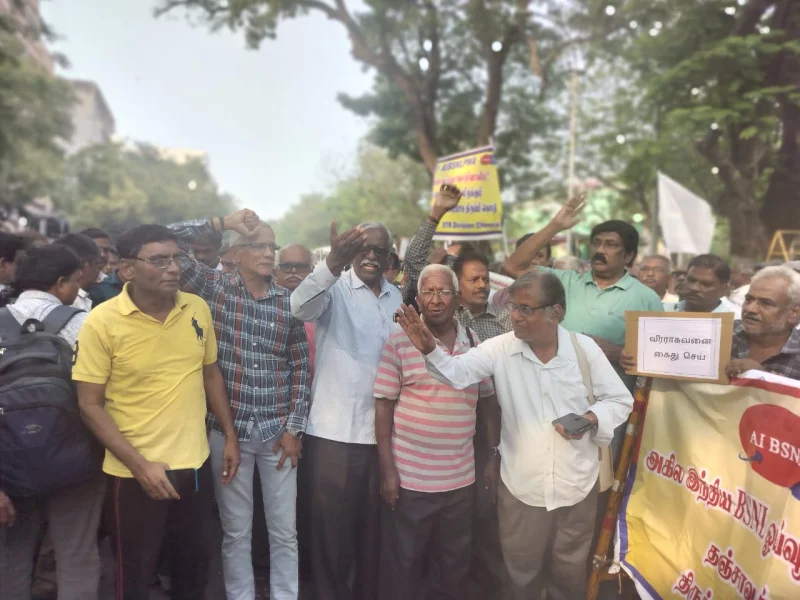
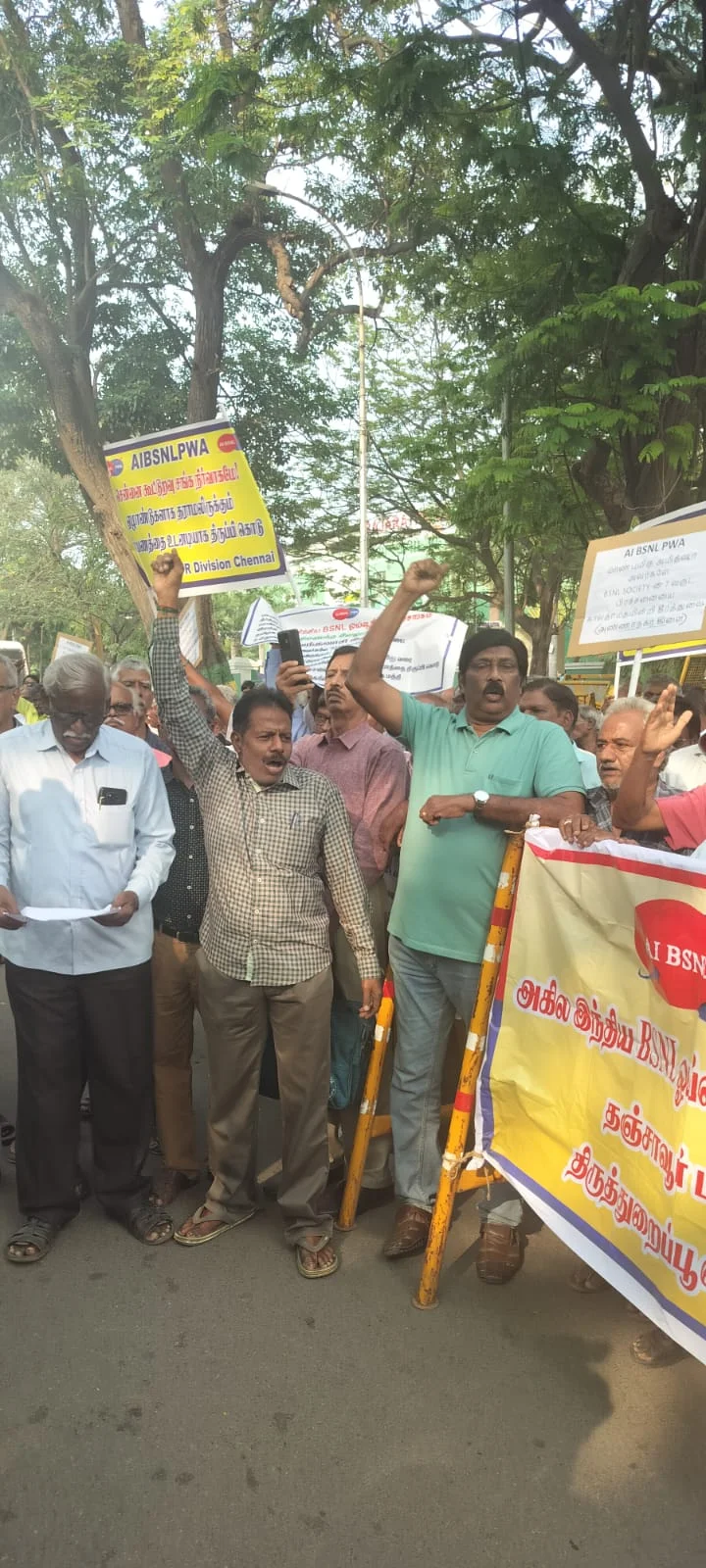
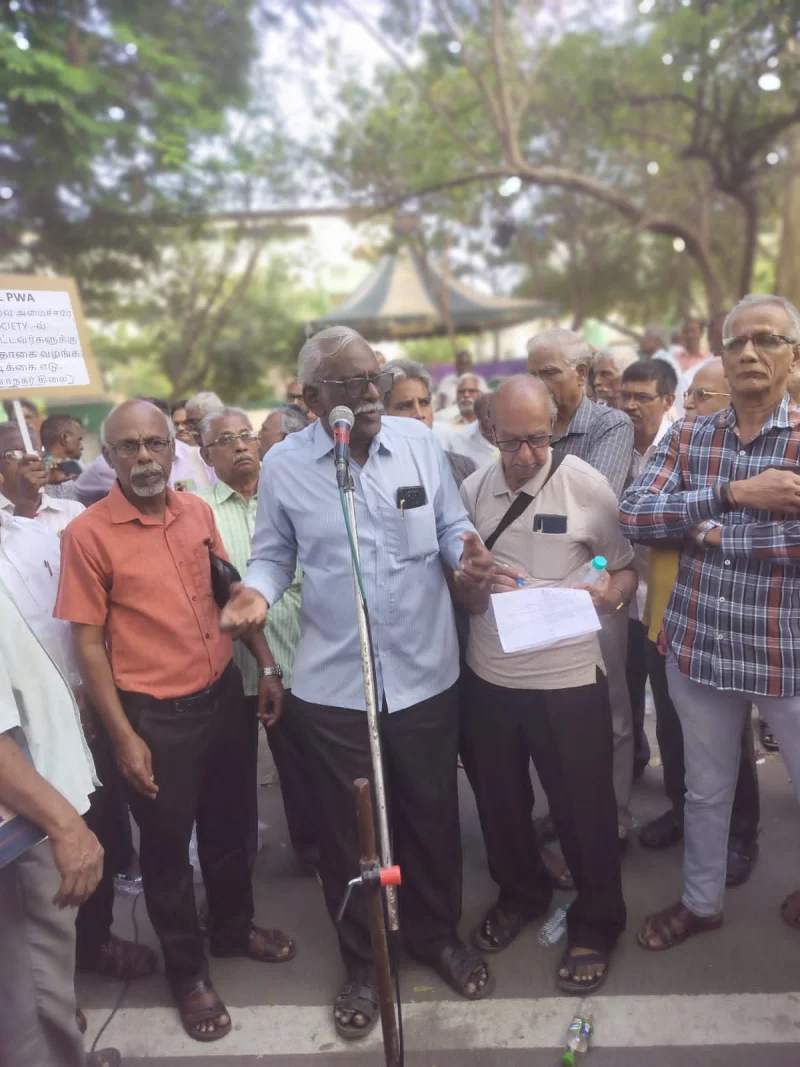
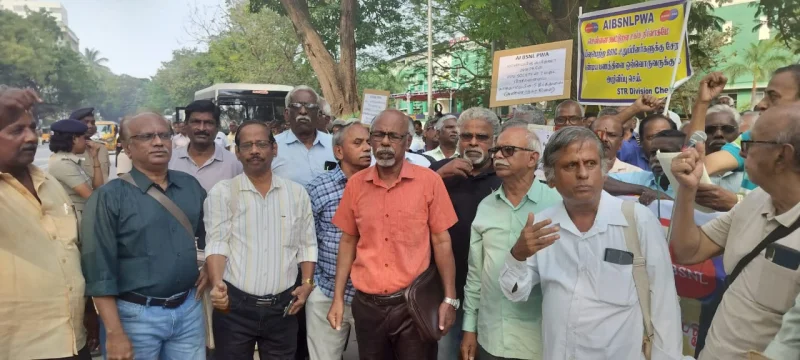
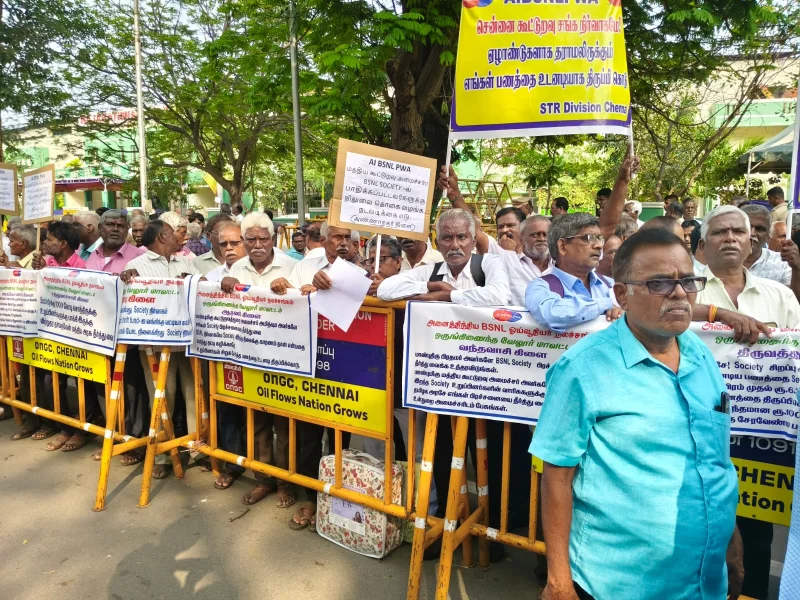
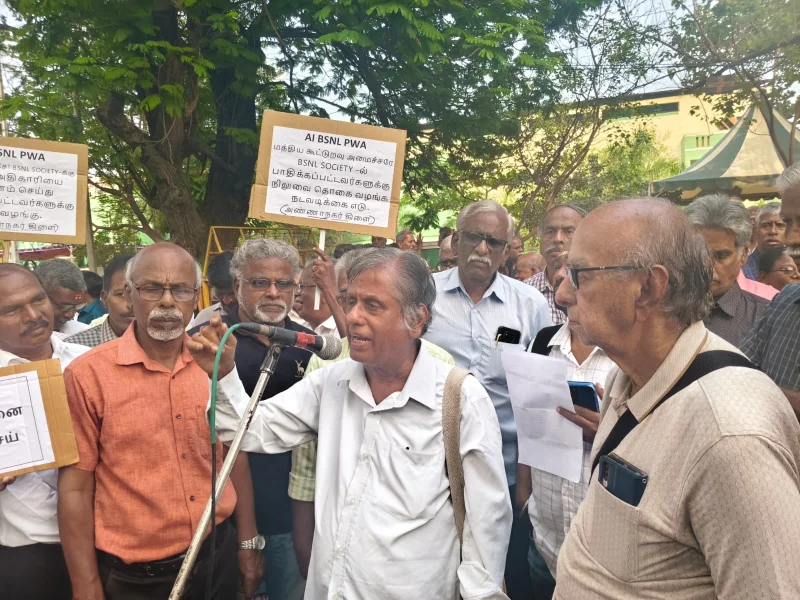
Massive Dharna at Chennai on 29 January 2026 – Demand for Early Settlement of GTECS Society Dues
A massive protest dharna was jointly organised by the Tamil Nadu Circle and Chennai Telephones of the All India BSNL Pensioners Welfare Association at Chennai on 29 January 2026. Over 700 pensioners from across the state and Chennai participated with great enthusiasm.
It is demanded early appointment of the Special Officer and speedy settlement of GTECS society dues and other pending payments. The appointment of a Special Officer by the Central Registrar of Cooperative Societies (CRCS), Delhi, is considered the first essential step to resolve the long-pending issue of refund of dues to ex-members, pending for nearly eight years.
Top office bearers from Central HQ, Tamil Nadu State, Chennai Telephones, and District Branches led the dharna. The programme received wide coverage from print, electronic, and digital media. The protest was peaceful and highly successful, reflecting the unity and determination of pensioners
The Uttarandhra Regional Convention of the Forum of Civil Pensioners Associations (FCPA) was held at Visakhapatnam, Andhra Pradesh on 30-1-26 , as per the decision of FCPA CHQ, with participation from AIBSNLPWA, AIBDPA, AIRBSNLEWA, SNPWA, AIPRPA, Income Tax PA (VJ), Income Tax CCIT (VM), AIR & D, CGPA WG, CCE GST, ICREA LIC, CPWD, CGPA VM, and Tobacco Board, Guntur. The convention was organised to demand withdrawal of the Validation Act and amendment of the 8th Central Pay Commission Terms of Reference (ToR), in defence of pensioners’ rights. The General Secretary, AIBSNLPWA, the President, State FCPA, the FCPA Convener and the FCPA Co-Convener addressed the convention.
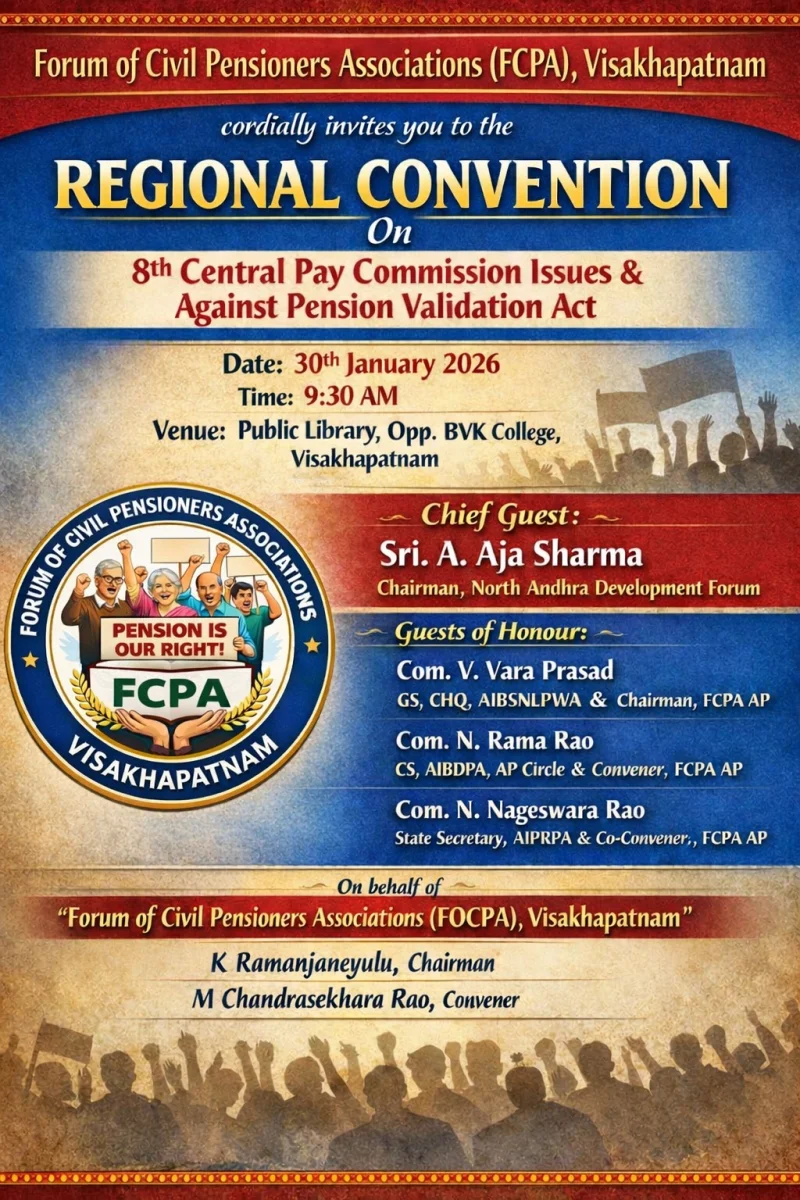
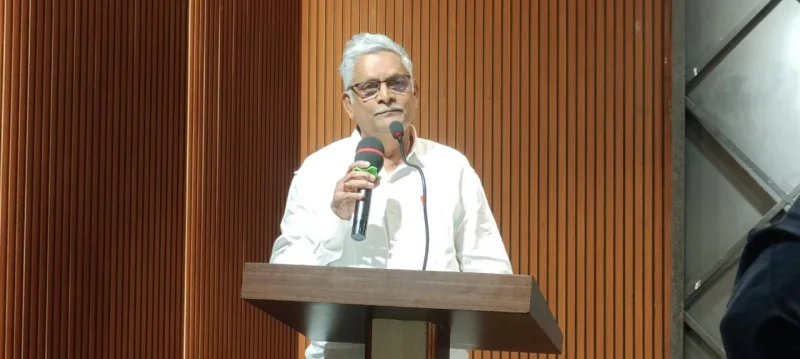
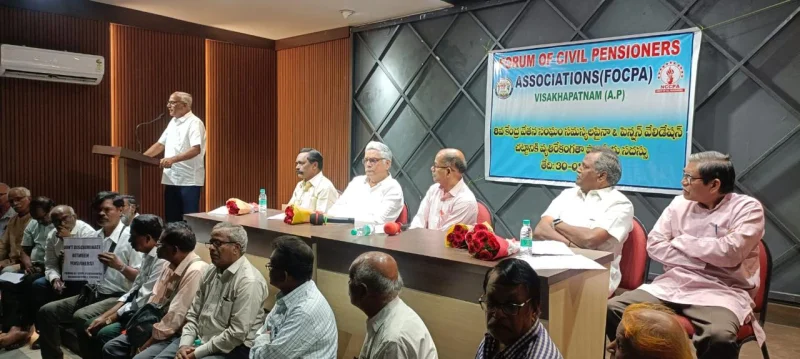
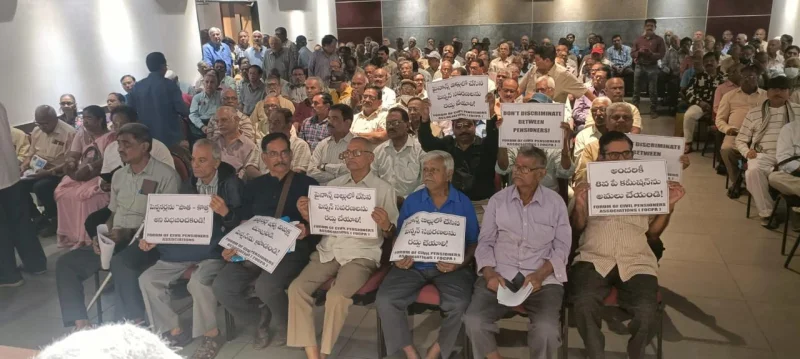
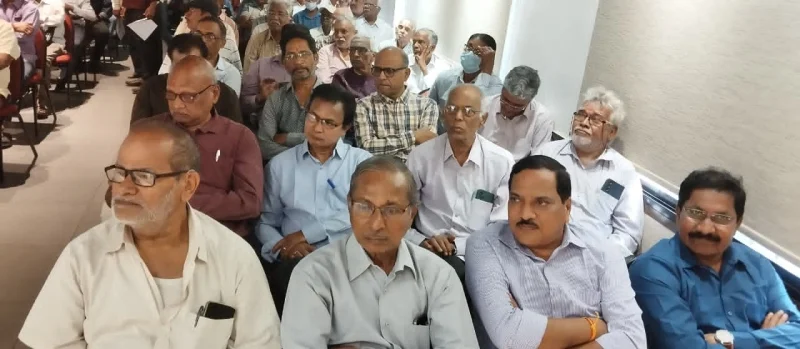
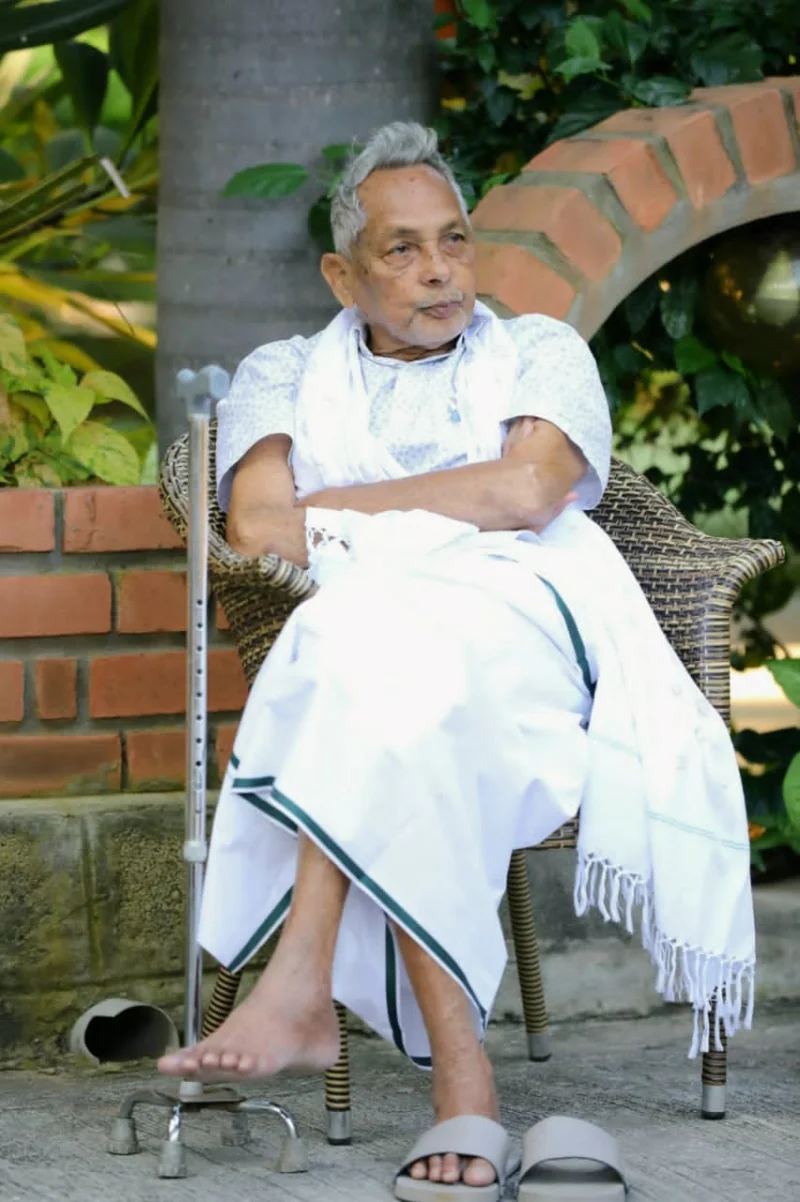
It is with deep sorrow that we note the passing of Com. P. Vittalamurthy (93), former Circle Secretary of NFTE, who expired this morning , on 26-01-2026.
Saroornagar Branch (HTD) Conference held on 25-1-26
Saroornagar Branch (HTD) Conference held on 25-1-26. GS attended and addressed. Circle Secretary Com N Somanatham, Circle President Goparaju, District Secretary M Madhu , CHQ Org Secretary Govindarajulu have also attended and addressed.
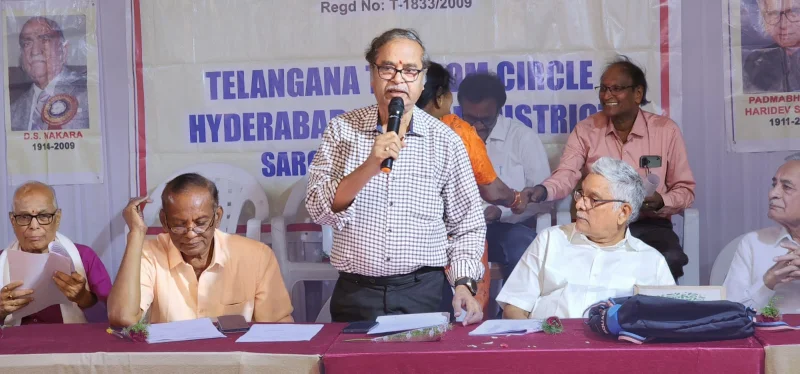
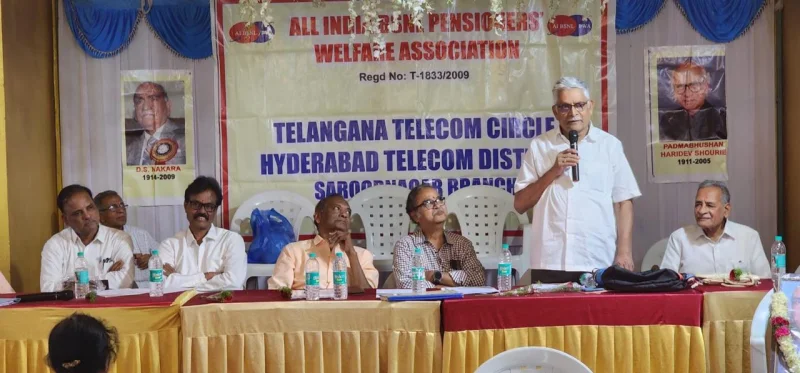
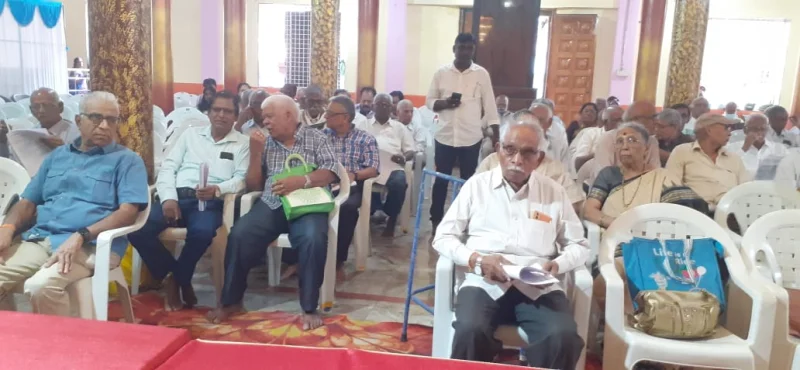
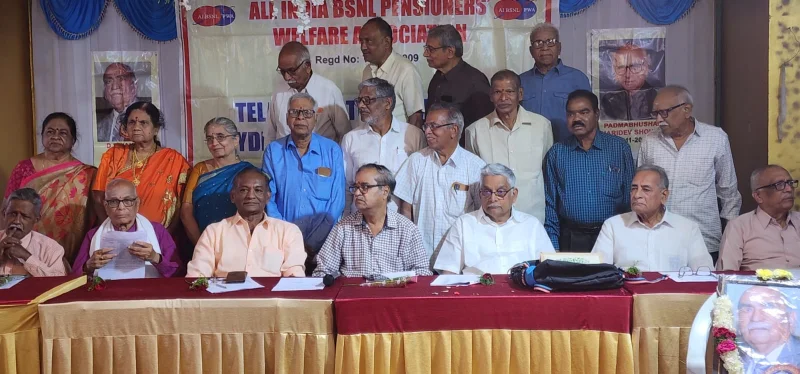
District Conference of Sangrur held on 28-01-2026
The District Conference of Sangrur was held on 28-01-2026 successfully and addressed by Comrade G. S. Bajwa, Circle Secretary, Punjab, and Comrade Sant Singh, President. Comrade Sadha Singh briefed the house on the welfare activities of Sangrur District and specially mentioned the valuable contribution of Comrade Navneet Kumar in downloading DLCs of members.
The District body was elected unanimously with a single voice as follows:
President: Comrade Mohan Singh
District Secretary: Comrade Ashwani Kumar
Cashier: Comrade Mahesh Kumar
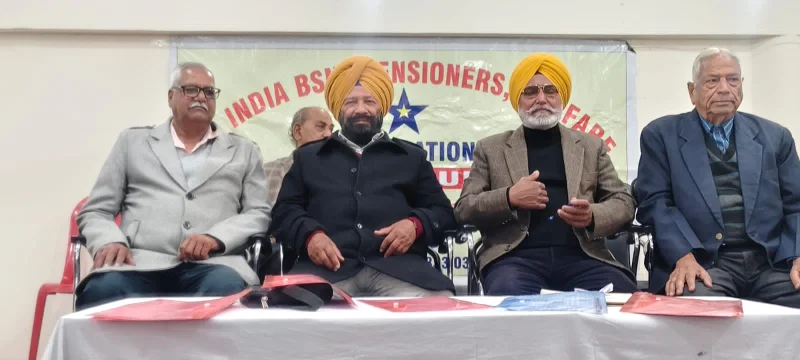
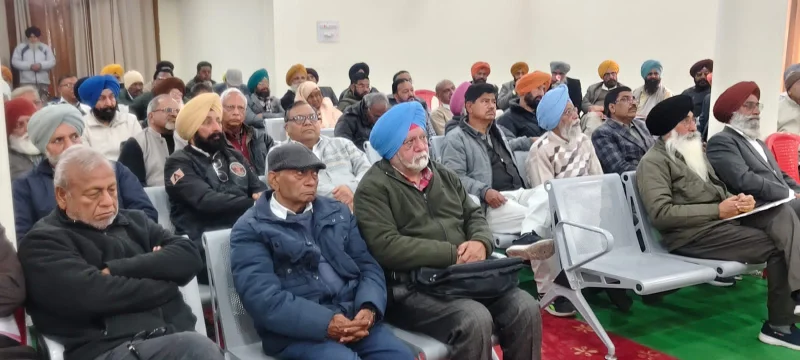
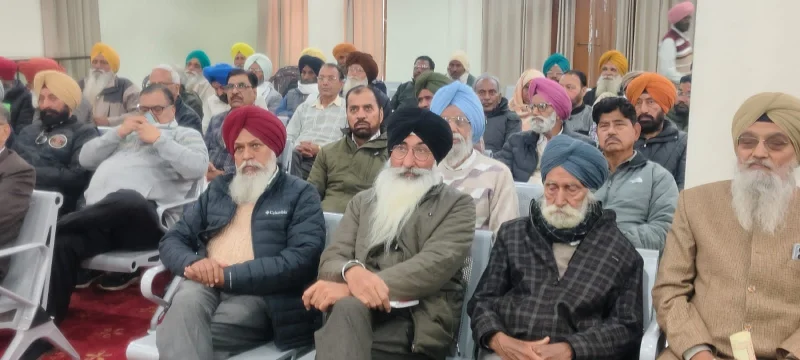
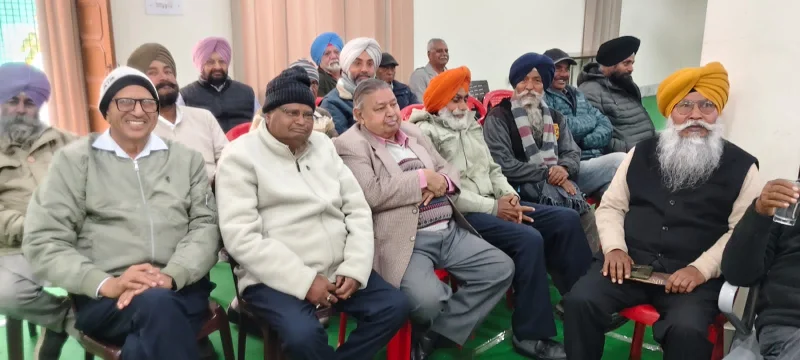

26-jan-2026
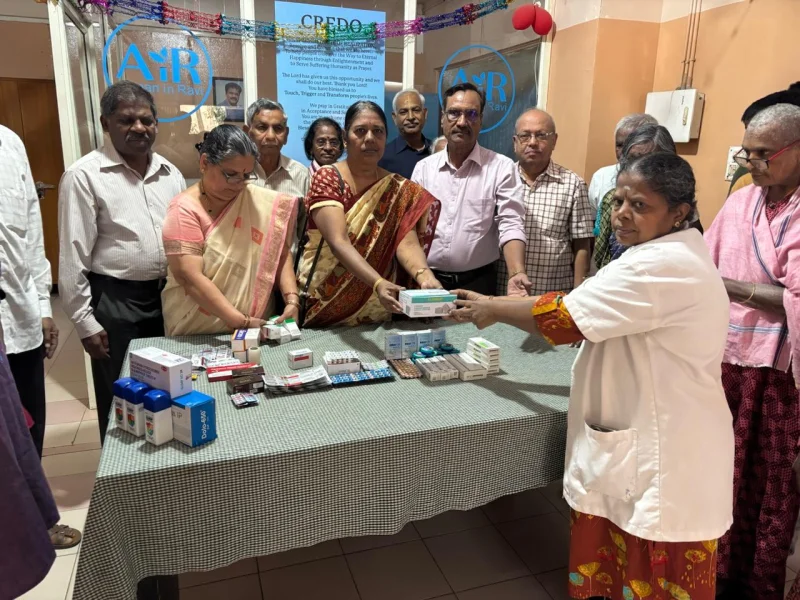
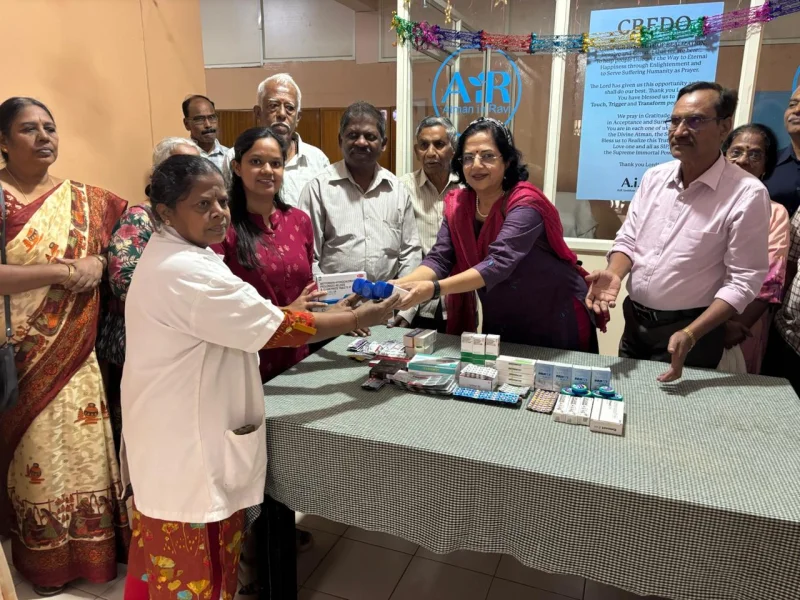
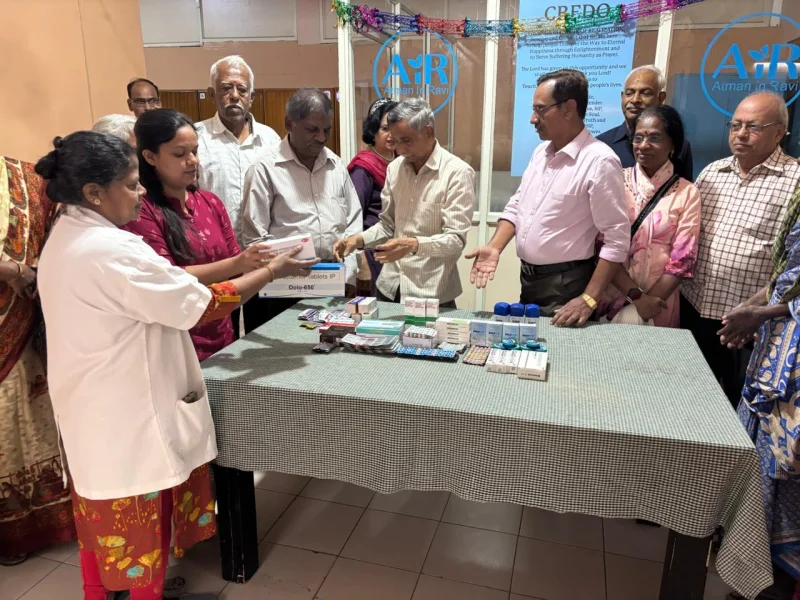
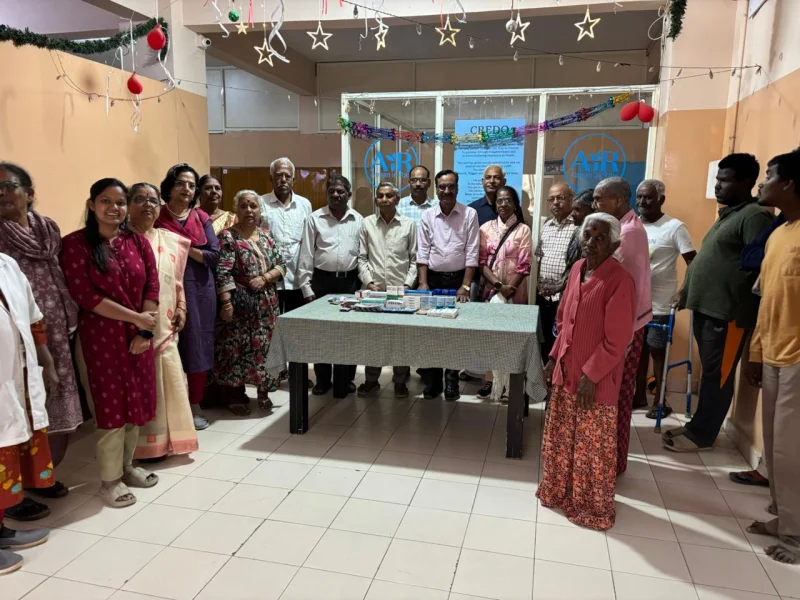

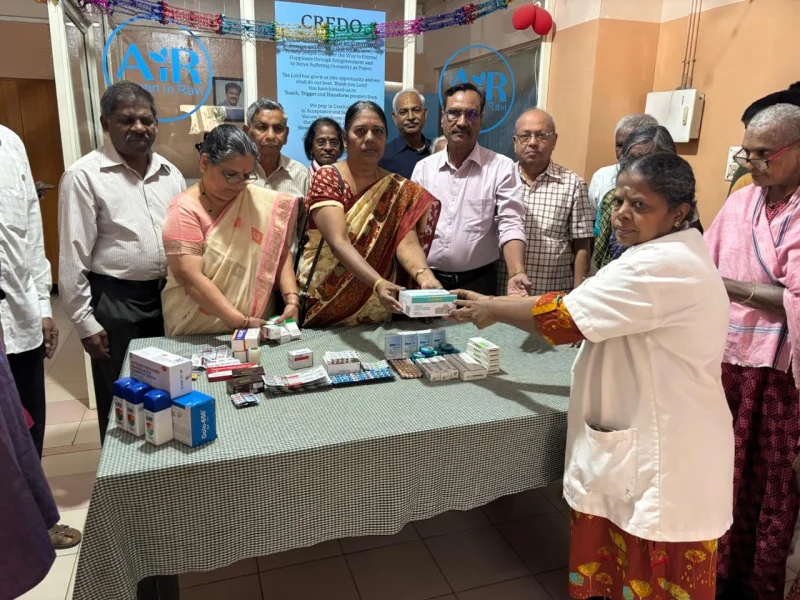
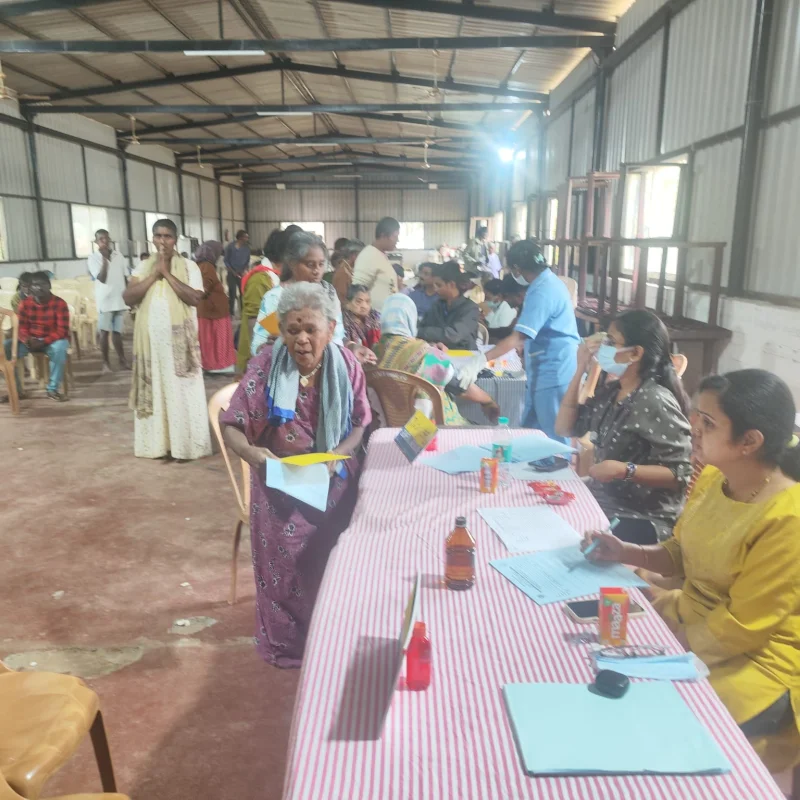
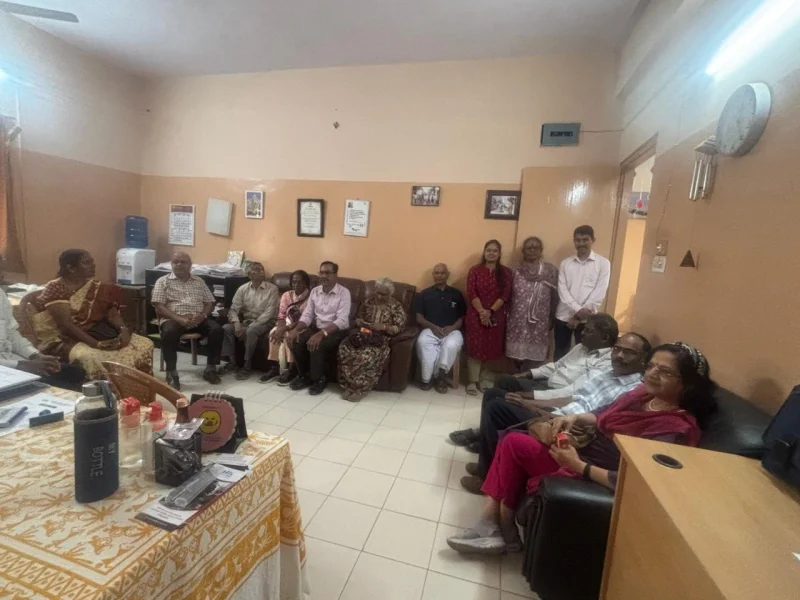
AIBSNLPWA ANANTAPUR DONATES TO BILND & ORPHAN HOME
On 12-01-2026, comrades of AIBSNLPWA, Anantapur District visited a Blind & Orphan Home for Girls at Kurukunta.
They handed over 4 ceiling fans and 4 tube lights, along with rice & wheat bags, worth Rs.10,000/-, on behalf of AIBSNLPWA, on the eve of Pensioners’ Day.
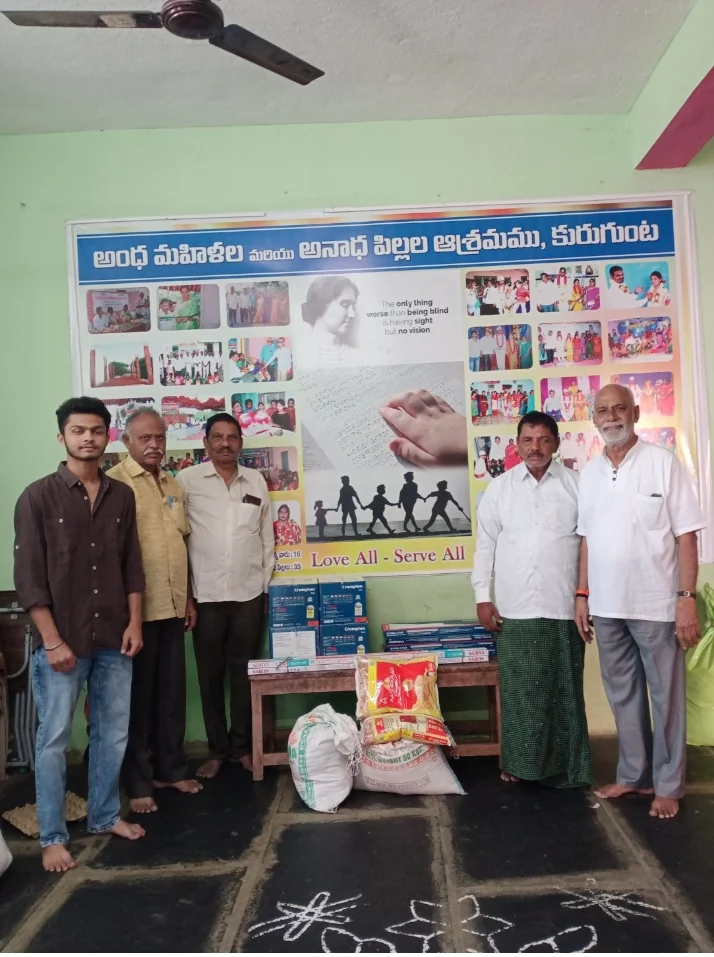
24 12 2022